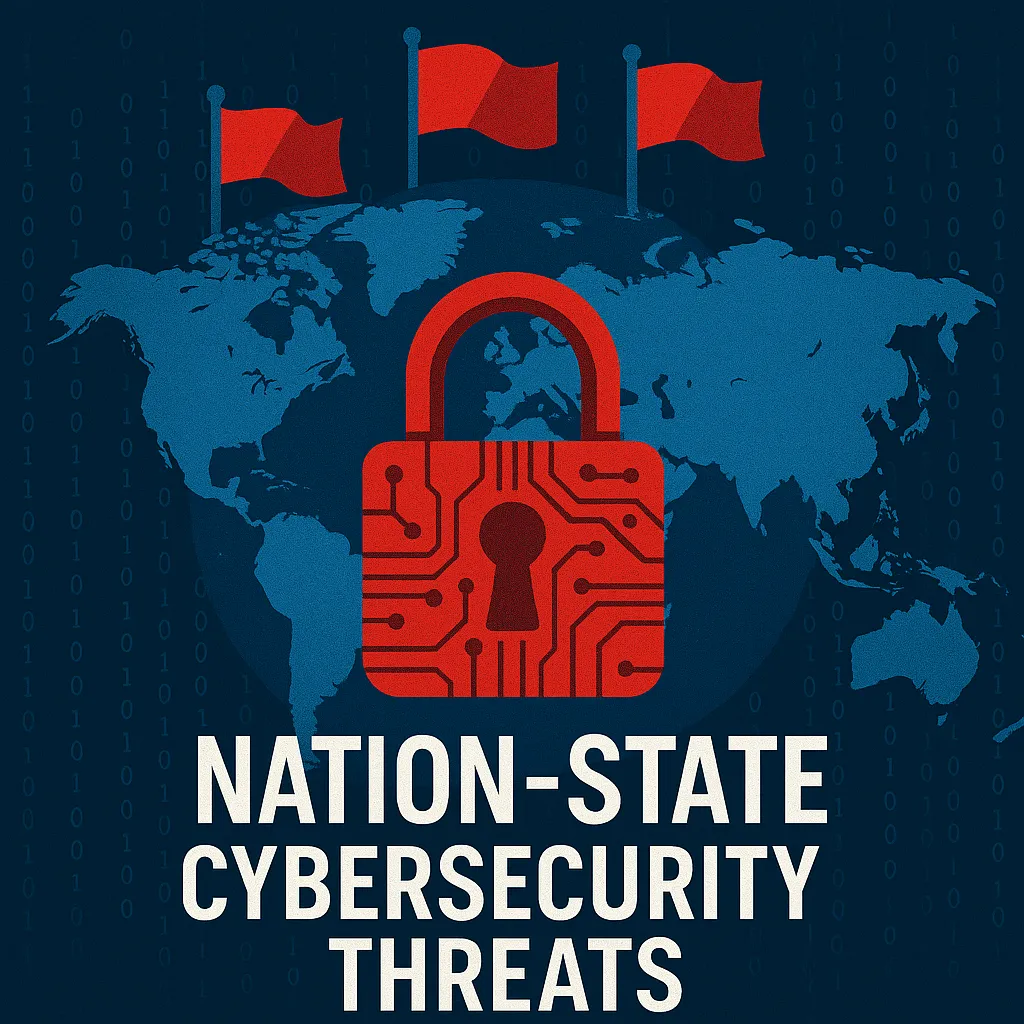Shadows of Cyber Warfare: The Relentless Pursuit by Nation-State Actors
In an era where technology intertwines with daily life, the specter of cyber warfare looms large. The term 'Advanced Persistent Threats' (APTs), often orchestrated by nations, encapsulates a form of cyber espionage or sabotage where the stakes are not just personal data but national security.
Understanding Advanced Persistent Threats (APTs)
Advanced persistent threats (APTs) are sophisticated, stealthy and continuous computer hacking processes, often orchestrated or sponsored by nation-states. These threats target specific entities and aim to steal, manipulate, or destroy significant amounts of data.
Who are these nation-state actors?
As defined by the US Cybersecurity and Infrastructure Security Agency (CISA), nation-state actors are technically proficient groups funded or acknowledged by governments. These groups pursue strategic goals by infiltrating other nations' technological infrastructures. Learn more from CISA's website.
Why Should You Be Concerned?
Nation-state cyber activities, according to Lookout.com, involve not just theft but also surveillance and geopolitical manipulation, making them a severe threat to personal and national security.
Case Studies: Real-World Examples of APT Attacks
From disrupting nuclear enrichment in Iran via Stuxnet to massive espionage revealed by the Snowden leaks, these operations show the scale and sophistication of APTs. These incidents underscore the critical importance of robust cybersecurity measures at all levels.
Responding to the Threat
Effective countermeasures involve a blend of technology, policy, and diplomacy. Initiatives like increased cybersecurity funding, public-private partnerships, and international cyber law enforcement cooperation are essential, as noted in resources from CM Alliance.
Conclusion: Building a Resilient Defense
To protect against APTs, nations, corporations, and individuals must elevate their cybersecurity practices. Awareness, advanced technologies, and cooperative international policies will be the bulwarks against the dark ambitions of nation-state actors in cyberspace.
